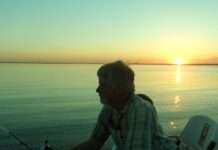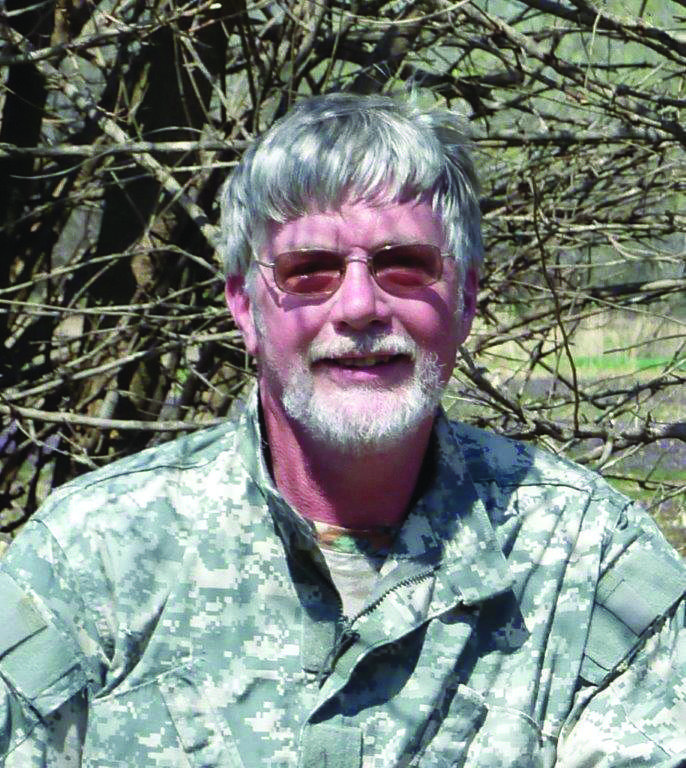Domingo Sanchez’s dad has always been an avid pheasant, quail and dove hunter, and Domingo remembers going with him for the first time when he was 10 or 11 years old. He also remembers harvesting his first dove on one of their hunts, and says he was hooked on upland bird hunting from then on.
When Domingo was 14 or 15, he became aware that some of his friends were into duck hunting, so he began watching duck hunting videos with them and began tagging along with them on duck hunts. He said “Until then I wasn’t even aware people hunted ducks.” Sanchez told me what intrigued him most was duck calling. He explained “I grew up hunting pheasants, and whether by yourself or with a dog, you go find the pheasants. When duck hunting, you actually interact with the ducks, and by the calls you make, get them to come to you.”
In 2012, as a way to help hunters and youth experience waterfowl hunting that either didn’t own or couldn’t afford the decoys and other equipment required, Domingo and his brother Michael started a waterfowl guide service called Fowl Mouth Outdoors. In 2014 they came to the realization that the guide service was not allowing them time to hunt with their buddies as before, and that they missed that camaraderie more than they enjoyed running the guide service, so Fowl Mouth Outdoors ceased offering waterfowl trips.
Sanchez has always had a competitive nature, so whether calling ducks and geese or whether at his job, he always strives to master what he sets out to do, and to become the very best at everything he tries. Many duck hunting videos also include an educational section meant to teach hunters proper waterfowl calling techniques, and so intrigued was he with the importance of proper duck calling that he began entering competitions. In 2008 at age 19 Sanchez entered his first duck calling competition, and since has competed in about 26 different contests, often finishing in the top 4. To qualify for the World National Duck Calling Championship, a sanctioned regional contest must be won, and that win continued to elude him. Finally this past summer of 2016, he won the 2016 Show Me Regional in Independence, Missouri qualifying him for the 2016 World Championships in Stuttgart, Arkansas.
At wildlife calling competitions of any kind, a panel of several judges is positioned so they can only hear each contestant, but never see them. There are several different calls used to call ducks and geese; hail calls get the birds attention as they fly over, greeting calls try to assure them that it’s OK to join what looks to them like birds resting on the water (that are actually decoys) and feeding calls attempt to put them at ease as they set their wings and begin to glide down onto the water. On the stage at the National Duck Calling Championship, each caller had 90 seconds to go from hail calls, to greeting calls, then to feeding calls, and then as if the flock of birds being called got spooked and began to leave, they were required to go through the entire repertoire again as if to call them back. Then the calling session was to end with a few “lonesome hen” calls, simulating a lonesome hen duck looking for some company. Going over the 90 second time limit disqualified the contestant and no timing devices were allowed. On the stage at Stuttgart two weeks ago, Domingo Sanchez took second place out of 59 contestants in the 2016 National Duck Calling Championship.
Sanchez told me he plans to enter more competitions this year and he’ll keep hunting ducks to keep honing his skills. He bought his 9 year old daughter Riley her first duck call this year and is looking forward to her becoming a more frequent partner in the duck blind. Domingo has a laid-back, care free personality, but behind that demeanor lurks a fierce competitor. Someone has said “If at first you don’t succeed, lower your expectations.” That attitude doesn’t work for Sanchez and I foresee a duck calling championship in his not-too-distant future. Continue to Explore Kansas Outdoors!
Steve can be contacted by email at stevenrgilliland@gmail.com.




